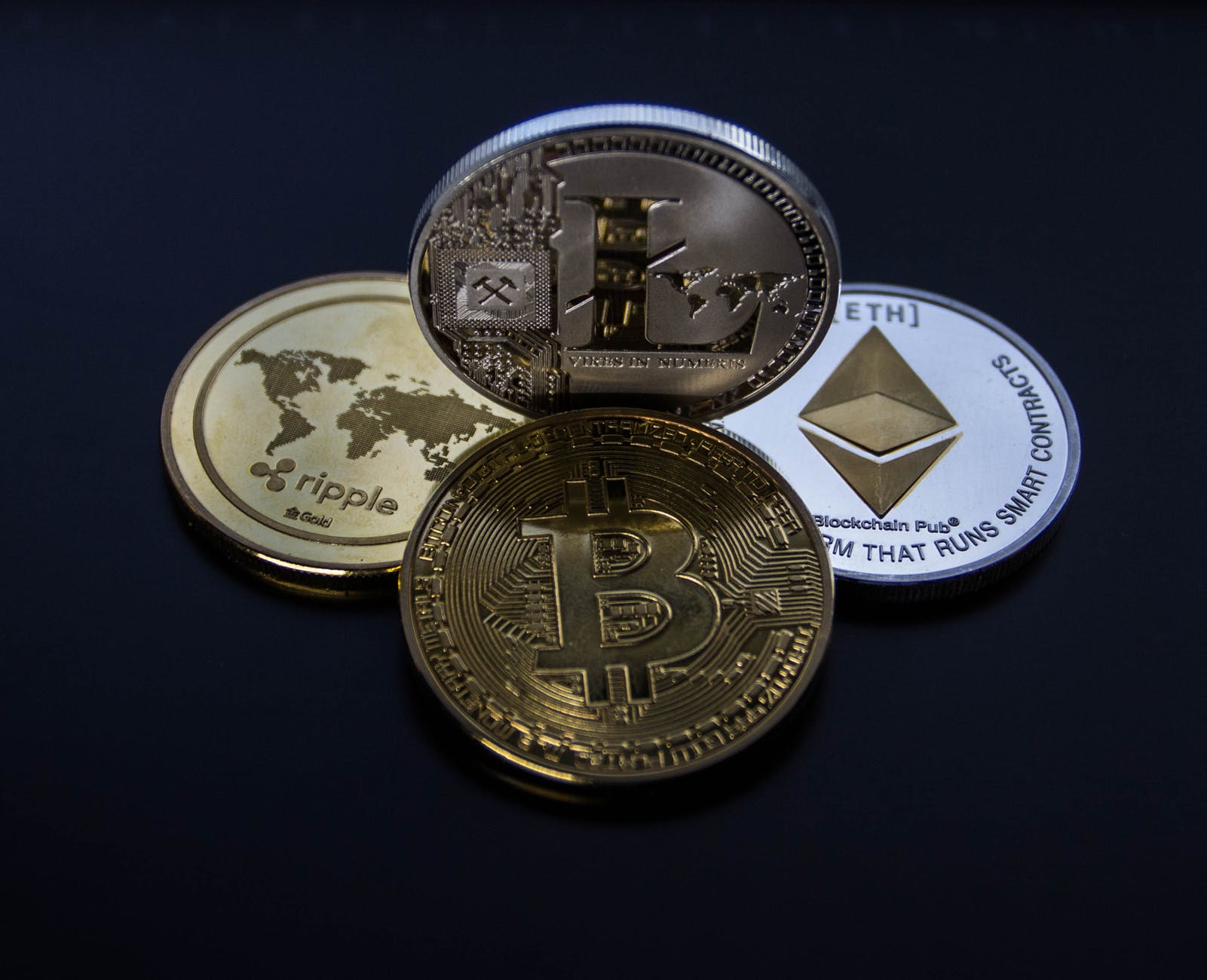
Photo by Pixabay on Pexels.com
As Adam Flynn said back in 2014, solarpunk takes infrastructure as a form of resistance. One of the biggest pieces of infrastructure that people interact with on a daily basis is payment systems. Payments aren’t as visible roads, or as tangible as housing, but decentralized, democratic payments are an important part of ensuring a brighter future.
We’re at a turning point for money. Since the middle ages, money has been controlled by the nation-state through fiat currency. The first experiments with digital-first money started in the 1980s, and we have seen an explosion in the availability of cryptocurrencies since the Bitcoin whitepaper was released in 2009. While Bitcoin hasn’t lived up to its original goal of being a replacement for fiat currency, it did revolt against the idea that only the state can create money.
Nation-states are now looking into developing crypto-fiat hybrids, and large corporate actors like Facebook are developing their own cryptocurrencies as well. The additional pressure of countries considering bans on cryptocurrencies that shield user identities makes me feel that governments see the danger that a truly decentralized monetary system would pose to their monopoly on power.
Brett Scott at Roar wrote about gentrification of payments from centralized issuers, “Put bluntly, digital payment facilitates a vast new frontier of financial surveillance and control, while also exposing users to new risks not present in the cash infrastructure.” He points out that the current trend for countries to emphasize digital (fiat) money over cash puts people’s finances increasingly into the hands of a small number of banks and state actors.

Photo by Worldspectrum on Pexels.com
I’ve previously touched on the subject of designing appropriate incentives into a monetary system, but for now I’m going to focus on how true digital cash could work. Bitcoin is the opposite of private since every transaction ever made with Bitcoin is recorded to its public ledger. Privacy coins allow for transactions to remain private by being recorded to the blockchain with the details obfuscated to all but those who performed the transaction. This has major benefits, particularly for the fungibility of a currency, which is a fancy way of saying that every unit of the money is created equal. For completely public blockchains like Bitcoin, certain Bitcoins may become “stained” due to their use in criminal activities in the past, meaning they may become harder to trade or spend than a “clean” Bitcoin. There is no such distinction between the status of a specific unit of Monero, for instance, since its past is unknown. The MimbleWimble protocol is a new blockchain which greatly simplifies the privacy aspects of a blockchain resulting in less power and data consumption.
The problem with most cryptocurrencies right now, however, is that they typically use what is called Proof of Work to verify transactions on the chain. Proof of Work burns large amounts of energy in an effort to “prove” the validity of the blockchain. Various other schemes have been developed to secure blockchain networks including Proof of Stake, Delegated Proof of Stake, and Proof of Cooperation. Proof of Cooperation was developed for FairCoin to enable a less energy-intensive verification method for blockchains. I think that a Proof of Cooperation-based MimbleWimble coin could provide the privacy and lower energy consumption that would be desirable for digital cash.

Photo by Dom J on Pexels.com
This digital cash would restore the peer-to-peer nature of cash and avoid the data-mining perils of current digital payment companies like Visa or PayPal. It is still dependent on computing technology to work, which makes me feel like it would be less inclusive than actual cash. In an increasingly digital-first world, however, thoughtfully-designed cryptocurrencies will be more inclusive than the options designed by corporations or governments. For more on the subject of post-capitalist money, check out In each other we trust: coining alternatives to capitalism by Jerome Roos.
Money is often considered a taboo subject, but feel free to let us know your thoughts below. How do you think a separation of money and state could be liberating?
I think there is a lot of potential in decentralised digital currencies, and it’s exciting to see a lot of new ideas being experimented with. I don’t think they are quite ready for primetime yet.
One thing I’m very interested in is local currencies. Ways to keep value circling locally and unable to be drawn out to centralised sources. Where I’m living now has a digital local currency backed by the regional money cooperative.
I think finding some way to balance local and interoperable currencies is important. I am a member of a Time Bank here, so that’s definitely locked in locally, but I think it’s important we’re still able to interact intellectually and financially with surrounding communities as well. My feeling is the 20th century was overly-focused on one-size-fits-all for energy and economics.
I’d love to hear more about your digital local currency!